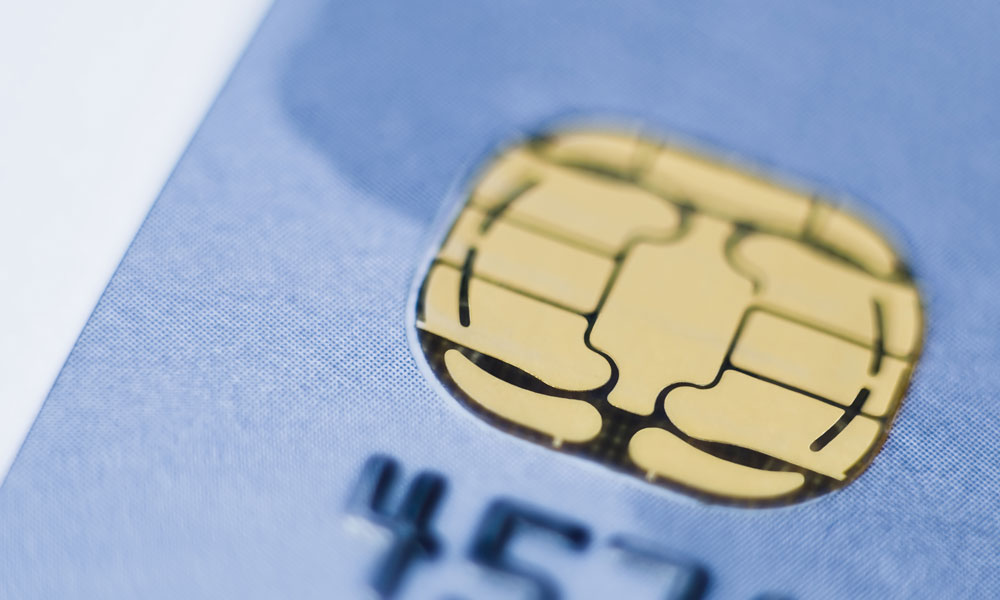
Industry Groups Back White House Action on Data Security
U.S. credit and debit cards are about to get a major upgrade after President Obama signed an executive order last week that will require the federal government to begin using microchip technology. Banks and retailers applauded the move.
U.S. credit and debit cards are about to get a major upgrade after President Obama signed an executive order last week that will require the federal government to begin using microchip technology. Banks and retailers applauded the move.
Apple Pay, which officially rolled out on Monday, isn’t the only threat to the standard magnetic stripe debit and credit cards that live in American consumers’ wallets.
An executive order signed by President Obama last week may help bring an end to the card-swiping era even sooner than expected. The measure aims to improve security for federal credit and debit cards by switching to the microchip and PIN cards (also called EMV-enabled cards) that are prevalent throughout the rest of the world but which U.S. banks and companies have been slow to adopt.
Along with signing the order, Obama urged those same banks and retailers to join the government’s effort in fighting back against the increasing threat of data breaches and identity theft. In just the past week, Staples and Kmart became the latest major retailers to confirm breaches, joining a long list of companies that have been hacked in the past year.
“The idea that somebody halfway around the world could run up thousands of dollars in charges in your name just because they stole your number, or because you swiped your card at the wrong place in the wrong time, that’s infuriating,” Obama said at the signing event.
The White House also confirmed that major companies, including Target, Walgreen, Wal-Mart Stores, and Home Depot, will roll out secure chip and PIN-compatible readers, with most being available by January 2015.
While industry groups have been pushing for a switch to the upgraded card formats for years, they’ve had little success. After the president signed the executive order, many of them announced their support.
“From insisting on PIN and chip cards to facilitating greater information sharing among retailers and others sectors, we are committed to finding the right answers with the latest technologies to stop these cyber thieves,” National Retail Federation President and CEO Matthew Shay said in a statement. “This is not an issue about large retail versus small, or global financial institutions versus community banks and credit unions, or the federal government versus municipalities. We all stand together in seeking solutions to prevent criminals from accessing personal financial data regarding our customers, investors and citizens through preventable data breaches.”
Similar sentiments were shared by the American Bankers Association, National Restaurant Association, Electronic Transactions Association, and several other industry groups. And small business owners—who might be hesitant to upgrade their payment-processing technology because of the potentially high cost—were urged to adopt chip technology in an article posted on the National Federation of Independent Businesses website.
“U.S. merchants are not required to adopt chip technology, but we think it’s a smart choice to protect their businesses from counterfeit fraud,” Kim Lawrence, a consumer products executive at Visa, said in a Q&A with NFIB. “Chip enablement could range in cost from nothing for software activation to a few hundred dollars for a new terminal.”
(iStock/Thinkstock)






Comments